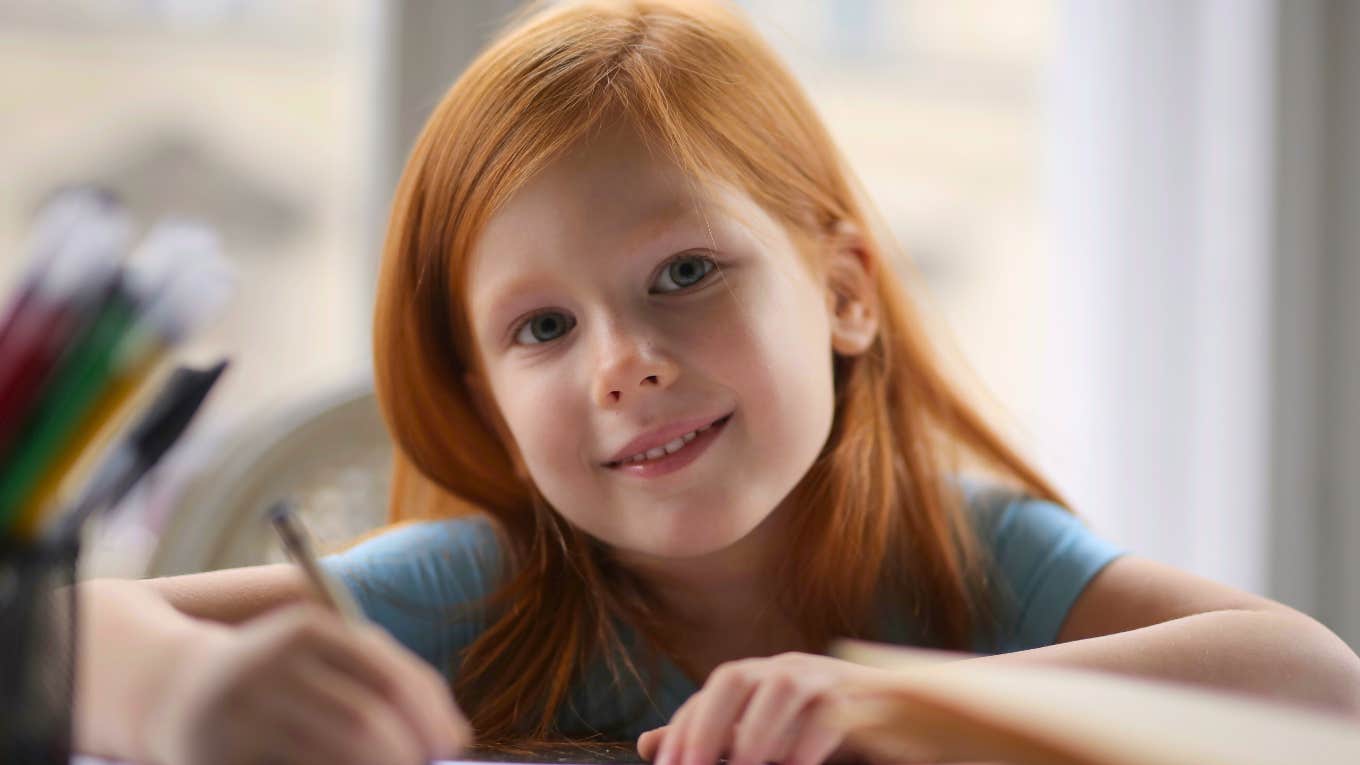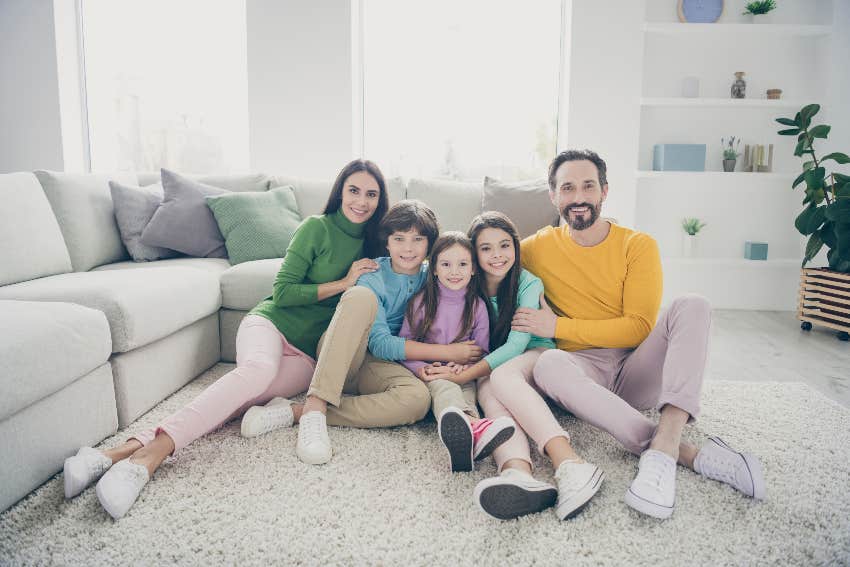How Your Sibling Relationships Affect Your Marriage, According To Clinical Psychologist
Having brothers or sisters can make all the difference in your relationships.
 Andrea Piacquadio | Canva
Andrea Piacquadio | Canva Many people understand that the marriage they observed between their parents has an impact on how they later relate within intimate relationships and that they may subconsciously choose a partner who resembles one of their parents, for better or worse. However, fewer people introspect about the impact of their siblings in terms of later relational functioning and mate choice.
In fact, when I discuss the impact of sibling dynamics in sessions with clients, most of them have never even considered this variable, even if they had years of prior therapy! This post lays out how your sibling dynamics may affect your marital dynamics, in both positive and negative ways.
First, the impact of birth order needs to be considered, which is a more common topic in the popular media. In another post, I say:
The best pairings are between kids of different birth order. I would imagine this is because of the imago theory, where each child gets used to interacting with his or her sibling and unconsciously may replicate this pattern in adult intimate relationships.
Since oldest are often more achievement oriented and rigid, and younger are more amiable and flexible, in a marriage between an oldest and a youngest, both partners may feel comfortable with their familiar sibling dynamic recurring in the marriage.
 Roman Samborskyi / Shutterstock
Roman Samborskyi / Shutterstock
This is accurate based on what I see in practice. Remember, imago theory means that you are drawn to a partner like your caregiver (here, like your sibling), and you fantasize about changing them in ways that you could never change your caregiver.
Combining this idea with the individual personalities of siblings and their unique dynamics provides even more information about how later relationships will go for the siblings in adulthood. Here are hypothetical ways that this can play out in a family with three kids, Joe (10), Jill (8), and Jane (7).
- Joe is the oldest brother, and Jane is the youngest sister. There is a difficult middle sibling as well, Jill, so Joe and Jane bond more with each other than with Jill. The parents have a difficult marriage and often fight with each other, leaving the children to play on their own for hours. Joe ends up taking care of Jane and often protecting her and intervening when Jill is mean to her or takes her things. Later in life, one might imagine Joe would be drawn to a woman like Jane, whom he will take care of and protect. However, it is equally likely that he is drawn to a difficult and moody woman like Jill, whom he subconsciously fantasizes about changing into a loving wife and mother. He then would end up having to protect his kids from his wife’s angry moods in the ways that he used to protect Jane from Jill.
- In another universe, Jane and Jill are the only siblings. Jane is a people pleaser, and Jill is angry and impulsive. In later life, it is highly likely that each woman will replicate this dynamic with a partner. Then, in therapy, Jane will say, “But my parents treated me great, I was the favorite child because I was so well behaved… why am I drawn to difficult men who treat me poorly?” The reason is that she is attracted to men like Jill, whom she fantasizes about changing into loving partners in a way that she could never change her sister into a loving sister. Jill, on the other hand, may well be drawn to men like her well-behaved, preferred sister, and get herself into a “Mr. Perfect And His Crazy Wife” dynamic where she is the “crazy” one, like she was at home, compared to her sister.
- In yet another universe, Joe and Jane are the only siblings, without Jill. Without someone to protect Jane from, Joe finds her boring and insipid, a “goody goody.” Without the role of protector to lean into, he finds more fulfillment and interest in friendships outside the home, where even he is compared unfavorably to Jane, who has an easy temperament and has developed a people-pleasing persona to cope with their difficult parents. Jane is lonely at home without Joe around much, and wishes he would stay home more or invite her out with his friends as she gets older. He never does, as he views his social life as a respite from home. In later life, Jane is drawn to emotionally avoidant men whose attention and love she is always trying to capture. Joe ends up with a preoccupied attachment wife who he feels is always trying to constrict him and isn’t supportive of his work hours, friends, and hobbies. As per the imago theory, he subconsciously fantasizes about her finally giving him infinite freedom to do whatever he wants, which he believes would make him relax and be more emotionally present in the ways she is always hounding him to be.
As you can see from those hypothetical vignettes, each of those characters would find introspection and therapy to be less than useful if they didn’t focus on their sibling relationships in addition to what was going on between their parents and in their individual relationships with each parent. The sibling relationships are often even more intense than those between parent and child, as siblings spend more time playing together, especially if they are close in age.
Here are some questions you can ask yourself, journal about, or discuss in therapy if this area seems interesting to you:
- Which siblings did I have the best/worst/most complicated relationships with?
- Which sibling reminds me the most of my partner, and in which ways?
- What are the parallels I can see between my relationships with my siblings and my current intimate relationship?
- How did I wish I could change my siblings? Do I hope to change my partner in similar ways?
- What would my siblings say bothers them about me? Would my partner say anything similar?
Hopefully, this post gave you a new direction to explore to understand your marriage at a deeper level. Couples counseling that has stalled can also be reinvigorated by new topics to think about.
 Prostock-studio / Shutterstock
Prostock-studio / Shutterstock
When you understand why you are responding to your partner in certain ways and what you may subconsciously be trying to elicit by acting the way that you do, you can finally get to the root of the issues and learn new, healthier patterns.
Dr. Samantha Rodman Whiten, aka Dr. Psych Mom, is a clinical psychologist in private practice and the founder of DrPsychMom. She works with adults and couples in her group practice, Best Life Behavioral Health.

